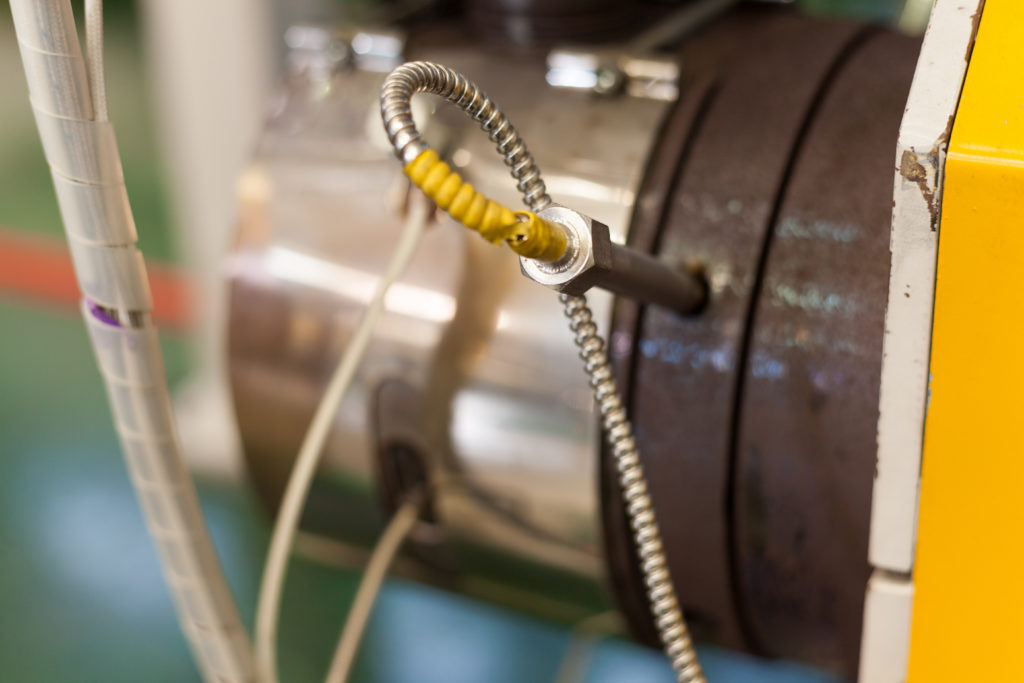Sensor vs. Transducer

What’s the difference between a sensor and a transducer? A sensor and transducer have similar functions, so it is understandable that there may be some confusion between them. In fact, sensors are a type of transducer, and a transducer can contain sensors — although a transducer in and of itself is not considered a sensor.
Distinguishing Sensor vs. Transducer
A sensor detects a physical, chemical or biological quantity and converts the data it receives through this detection into an electrical signal. A transducer is a more general device for converting energy from a given form into a different form. So, a sensor is a specific type of transducer that turns one form — physical, chemical or biological — into a specific different form (electronic data).
A transducer may contain such a sensor and use it to obtain data, which it then translates into readable, meaningful information. A sensor is more of a detector, while a transducer is more of a translator.
Functionally, this means a sensor that collects information and reprocesses it as something meaningful is also a transducer. For example, a thermometer, which reads changes in temperature and directly provides a measurement readout providing you with the necessary information — see Thermocouple, below.
If the sensor does not produce meaningful output on its own, it must be part of a transducer to provide that meaningful output. For example, a loudspeaker may have a sensor that detects incoming sound vibrations and turns them into electrical signals, but the complete process of taking that sound in at one end and producing amplified sound through the loudspeaker at the other end requires a transducer. A sensor senses and a transducer converts.
Thermocouple: Sensor or Transducer?
One piece of equipment that sometimes confuses people concerning the sensor vs. transducer question is the thermocouple. A thermocouple is a device that measures temperature through the thermoelectric effect, that is, interpreting the voltage between two electrical conductors as a result of temperature change.
Thermocouples are extremely popular industrial measuring devices. People use them for temperature measurement for gas turbine exhaust, diesel engines, kilns, even thermostats and appliances — but are they sensors or transducers?
Because they provide a meaningful temperature reading at one end, many people think of them as transducers, but in fact, the reading you get from a thermocouple is not the result of any conversion. It is simply a presentation of the voltage created as a result of temperature change.
If you remember, a sensor takes physical information — like, in this case, temperature change — and transforms it into an electrical signal. In this case, that electrical signal is expressed as the voltage. Because no other conversion is taking place, the thermocouple is more accurately described as a sensor.
While sometimes these terms are used interchangeably, in an engineering or industrial environment, it is a good idea to be as specific as possible to avoid confusion and minimize the possibility of errors. For more useful tips and information about electronics and motors, reach out to Global Electronic Services today.